Oscars To Die For
Tackling climate change, with a special musical warning from David Bowie and Arcade Fire--plus oddball odds for Academy Awards show and songs from Gram Parsons and Marianne Faithfull.
The usual cartoons and short takes and songs then some bonus content at the very end, for Mank fans and foes: When that darling couple, W.R. Hearst and Marion Davies went to meet Hitler….Enjoy, then share, comment, subscribe (it’s still free).
News & Politics
Stephen Colbert: “Of course, Earth Day is like a prom in that every year has a theme. This year’s is ‘Restore Our Earth.’ Yes, we have to, or pretty soon the theme’s going to be ‘Enchantment Under the Sea.’”
The Onion: “Milwaukee Promotes Itself As Hip, Affordable Place To Live—and With All The Police Brutality Of Chicago.”
Headline of the Day, from The New York Times: “California Officer, on Leave After One Shooting, Is Charged in Another.”
George W. Bush revealed to People magazine that he wrote in the name of fellow war criminal Condi Rice in his vote for president last year.
In a new podcast, Democrat Sen. Joe Manchin has endorsed Republican Lisa Murkowski in her bid for re-election in Alaska next year (she faces a Trumpist candidate in primary, then a Dem in main).
The Senate passed that bill to combat anti-Asian hate crimes by a rare 94-1 vote—with seditionist Josh Hawley that one negative.
Axios projects that some may be disappointed when Chauvin likely receives a sentence of 15 to 30 years in prison and not longer (he has no “priors”).
Trump is sitting down for interviews with, among others, Maggie Haberman and Michael Wolff, for their forthcoming books about him but not Bob Woodward, Politico reports.
Justice Amy Coney Barrett’s $2 million book deal is the largest ever for a Supreme Court justice.
California Gov. Gavin Newsom is planning to announce a ban on new fracking permits. The announcement could happen today. Last week, state lawmakers rejected a bill to ban fracking and other extraction techniques.
Women are getting their vax shots at a higher number than males, stats show. Meanwhile, U.S. officials are leaning toward resuming use of the Johnson & Johnson vaccine after finding few new cases of rare blood clots.
Steve Brodner at his Substack:
John Boehner’s memoir hits #1 at NY Times’ non-fiction bestseller list this week—knocking out (ouch) Brandi Carlile’s memoir.
Wash Post: Policy group No Labels "is facing blowback from its employees" after hiring the horrid Mark Halperin.
“Can Biden Win Over the Latinos He Lost to Trump?” The Atlantic’s great Ron Brownstein: “In the near term, some of the key factors that lifted Trump among Latinos could help Biden if he runs again in 2024. But a close examination of last year’s results suggests that neither party should be entirely confident about the direction of this huge, but still dimly understood, voting bloc….Yet even if Biden runs better with Latinos in a possible reelection campaign, that wouldn’t answer the big question of whether Republicans are positioned to improve their baseline with these voters over the long term. … Privately, some operatives in both parties believe that Trump’s improvement among Latinos means he achieved the best of both worlds in Republican messaging: He fired up white turnout with racist, nativist rhetoric but didn’t pay any apparent price in lost support among Latinos.”
Music
Great piece at Rolling Stone which hails Gram Parsons for latching onto, in his finale with the Burritos, “Wild Horses,” a full year before the Stones got around to it. Mainly it serves to finally fully debunk claims, going back nearly that long, that Gram actually wrote the countryish Jagger-Richards tune (lyrics and tone and steel guitar so different than usual Stones) and gave it to Mick and Keith possibly in exchange for drugs or etc. Good quotes from Keith and Gram on this as well as the origin story (re: Altamont). Here’s Gram’s classic version, with Leon Russell on piano:
Faithfull to the end: NY Times says, Hello, Marianne once again. After surviving her latest brush with death, Covid-19, she has a new album: She Walks in Beauty, a spoken-word tribute to the Romantic poets, who had first inflamed her imagination as a teenager. Fun facts on Marianne: Her father was a British spy in World War II. He was the son of a sexologist who invented something called “the Frigidity Machine.” Her mother was Austrian Baroness Eva von Sacher-Masoch — the great-niece of the man who wrote the scandalous “Venus in Furs” and lent his name to the word masochism. Below, when Marianne did Lennon’s “Working Class Hero.”
On this date in 1963: The Beatles and the Stones met for the first time during a Stones performance at the Crawdaddy Club. The name of the club in turn gave its name to the magazine I would work at from 1971-1979.
On this day in 1976, the Ramones released their debut album.
Film
Martin Scorsese will produce and John Carney direct a new biopic on composer George Gershwin.
All sorts of odd oddsmakers are making odd picks for Sunday’s Oscars winners (which will actually offer few surprises), but the good folks at Sports Betting Dime are coming up with some creative offers for their clientele.
For example: Odds a winner trips on the way to the stage: +275. Odds a winner who accepts his/her award remotely is on mute or has technical issues: +450. And then there’s last person shown in the annual In Memoriam video: Sean Connery heavily favored: -150. Chadwick Boseman: +600. Christopher Plummer +900. Cicely Tyson +1100. Carl Reiner +4500.
What genius looks like, below....and no CGI, kiddies. One of ten greatest films of all-time: Kurosawa + Shakespeare.
Song Pick of the Day
Missed this yesterday for Earth Day but it’s really Earth Week now, so in honor of new Biden proposals to combat climate change here is Bowie and Arcade Fire doing David’s vintage but apt “Five Years.”
Bonus: When Marion and W.R. Visited Hitler
In the David Fincher movie Mank—which is up for ten Oscars this Sunday, leading the field—newspaper baron William Randolph Hearst (the great Charles Dance) is a key character. His actions in helping to defeat Upton Sinclair in his 1934 race for governor of California helps inspire Herman Mankiewicz (Gary Oldman) to write the screenplay for Citizen Kane and base the title character on Hearst. Marion Davies (Amanda Seyfried, a deserving but now longshot nominee in the supporting actress category) also plays a crucial role.
I wrote about all of this, and much more, in my award-winning book on the wild and influential Sinclair race and the backlash it produced, The Campaign of the Century. This was also Hollywood’s first plunge into politics — and the Sinclair threat led to the invention of the modern political campaign run by spin doctors, consultants, big business funding schemers, and advertising honchos. I pointed our the factual distortions in the Fincher flick related to the campaign in The New York Times and Politifact featured my analysis in a piece on Mank just this week after inrerviewing me.
Unmentioned in Mank, in any case, is the Hearst and Davies tour of Europe in the middle of that 1934 campaign — and the publisher’s notorious meeting with Adolph Hitler. Here, below, is an excerpt from my book, see more or order here.
W.R. Hearst was having such a fine time overseas in late-August 1934 it was hard to get agitated about anything back home, even the prospect of Upton Sinclair’s socialism coming to California. Oddly, more than twenty years earlier, it was Sinclair who predicted that socialism would come to America when Hearst was one day elected President.
Hearst had assembled a sultanesque entourage, with his three sons and their wives joining his mistress, fading actress Marion Davies, a dozen other high-spirited junketeers, and Miss Davies’s dachshund, Gandhi. He hoped to collect the usual bounty of rare antiquities and observe two of Europe’s fascist leaders at close hand.
After a few weeks in Spain, Great Britain, and Africa, Hearst had watched Mussolini harangue a huge rally in Italy, and was disappointed when il Duce expressed little interest in seeing him. Louis B. Mayer, head of Metro-Goldwyn-Mayer, suggested that W.R. seek an audience with Hitler and use the opportunity to put in a good word for the Jews. Hearst’s longtime support for Germany weighed in his favor, and the publisher had a friend in Berlin: Hitler’s foreign press officer, Dr. Ernst Hanfstaengl, a Harvard-educated con artist widely known by his nickname, Putzi.
When Hitler won a smashing victory in the August 19 plebiscite, gaining the title of president (in addition to that of chancellor) of Germany, Hearst told Hanfstaengl, in a published interview, that “anything benefiting Germany will eventually benefit the entire world . . . The struggle of Germany for liberation from the iniquities of the Versailles Treaty, and for freedom from the malignant oppression and compression of nations which are selfishly but shortsightedly hostile to her progress, is a struggle which should be watched with sympathetic interest by all liberty-loving people everywhere.” He hoped that Putzi could arrange a conference with Hitler sometime in September. The fact that Hitler had just expelled journalist Dorothy Thompson from his country did not deter W.R. in the least.
Arriving in Berlin in mid-September, Hearst managed to arrange his meeting with Hitler, but was desperate to keep the bubbly Marion Davies from accompanying him. So he designed a ploy to keep her out of sight.
When Marion made it as far as the Berlin airport, her friend Ruth Selwyn awaited her. Ruth begged for help — she needed seven hundred dollars to pay off a hotel bill. Hearst told Marion to run along to the hotel; he would meet up with her later, and then they would visit Hitler. Marion dashed off while W.R. and Putzi Hanfstaengl rushed to the presidential palace on the Wilhelmstrasse. Hanfstaengl would serve as interpreter.
After a brief exchange of pleasantries, the chancellor quickly came to the point, demanding to know why he was so “misunderstood” and despised in the United States. Hearst explained that Americans loved democracy; it was as simple as that. Hitler replied that he was product of democracy, having been elected by an overwhelming vote of his people.
Hearst didn’t know quite how to respond to this logic. As recently as four weeks ago, Hearst himself had praised Hitler for rallying the public will. Now he informed Hitler that it was not the structure of German government but some of its policies concerning a certain unnamed group of citizens that smacked of dictatorship. W.R. was speaking in code, but Hitler got the message. He reminded the publisher of how poorly America treated the Indians. He also assured Hearst that discrimination against particular groups in Germany was disappearing, and that it was government policy to wipe it out entirely.
Gratified, Hearst assured Hitler that this would raise his standing in America considerably, and W.R. left the meeting convinced that he had accomplished something. Stepping outside, he found photographers waiting, not something he had particularly counted on. They had him pose with Dr. Alfred Rosenberg and other influential Nazis. Asked to comment, Hearst replied, “Visiting Hitler is like calling on the President of the United States. One doesn’t talk about it for publication.”
Then Hearst and his party drove over to his hotel. He rang up his mistress from the lobby. “The plane’s ready,” he said. “What about Hitler?” Marion asked, furious, smelling a rat.
“I just went in for five minutes and then I left,” Hearst explained meekly. Marion was not mollified. She vowed not to speak to W.R. for the rest of the day.
“Essential daily newsletter.” — Charles P. Pierce, Esquire
“Incisive and enjoyable every day.” — Ron Brownstein, The Atlantic
“Always worth reading.” — Frank Rich, New York magazine, Veep and Succession
Greg Mitchell is the author of a dozen books, including the bestseller The Tunnels (on escapes under the Berlin Wall), the current The Beginning or the End (on MGM’s wild atomic bomb movie), and The Campaign of the Century (on Upton Sinclair’s left-wing race for governor of California), which was recently picked by the Wall St. Journal as one of five greatest books ever about an election. His new film, Atomic Cover-up, just had its world premiere and is drawing extraordinary acclaim. For nearly all of the 1970s he was the #2 editor at the legendary Crawdaddy. Later he served as longtime editor of Editor & Publisher magazine. He recently co-produced a film about Beethoven’s Ninth Symphony.


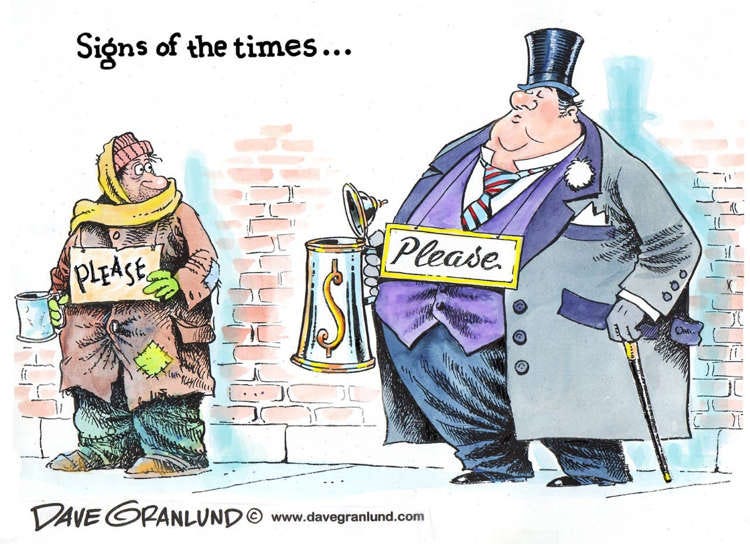
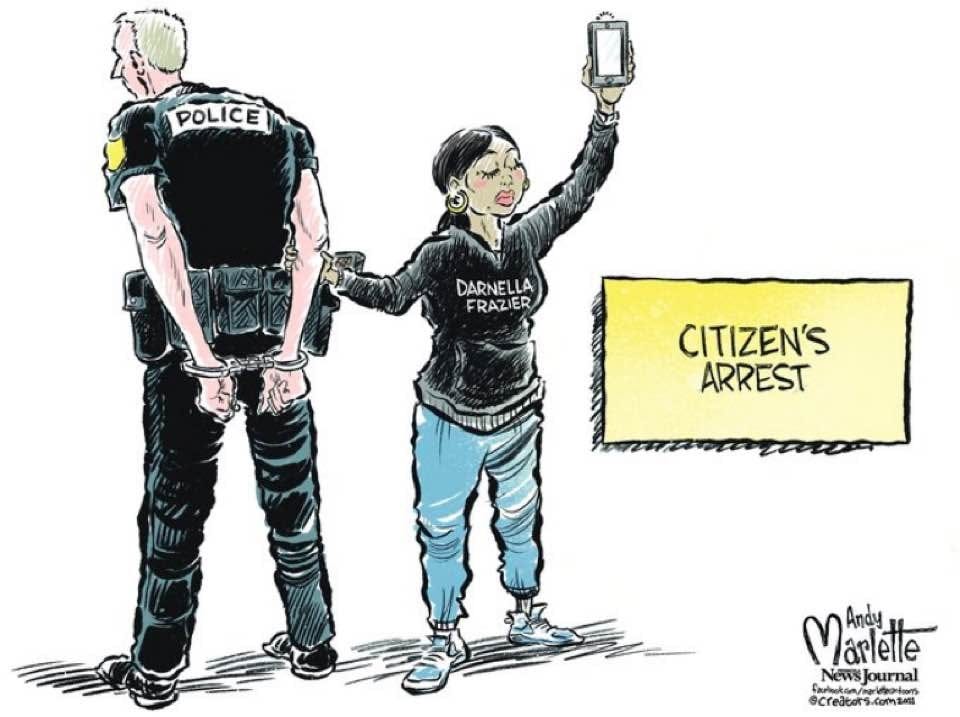
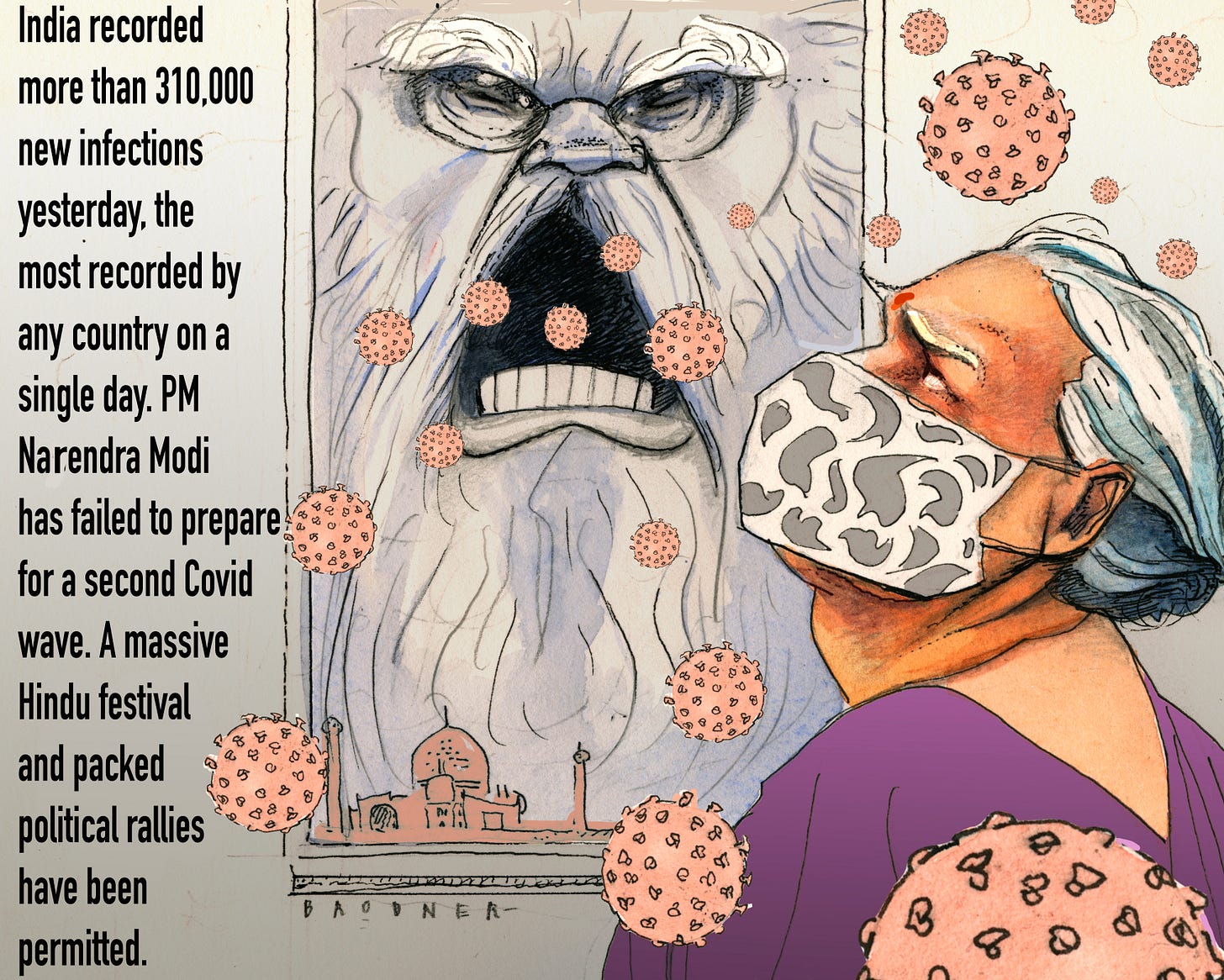
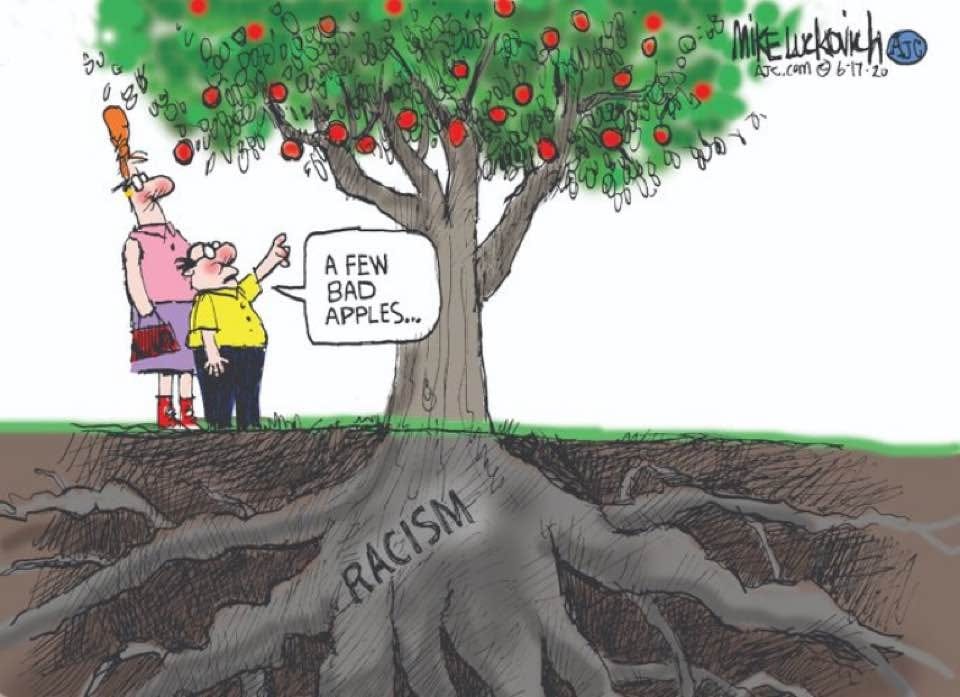
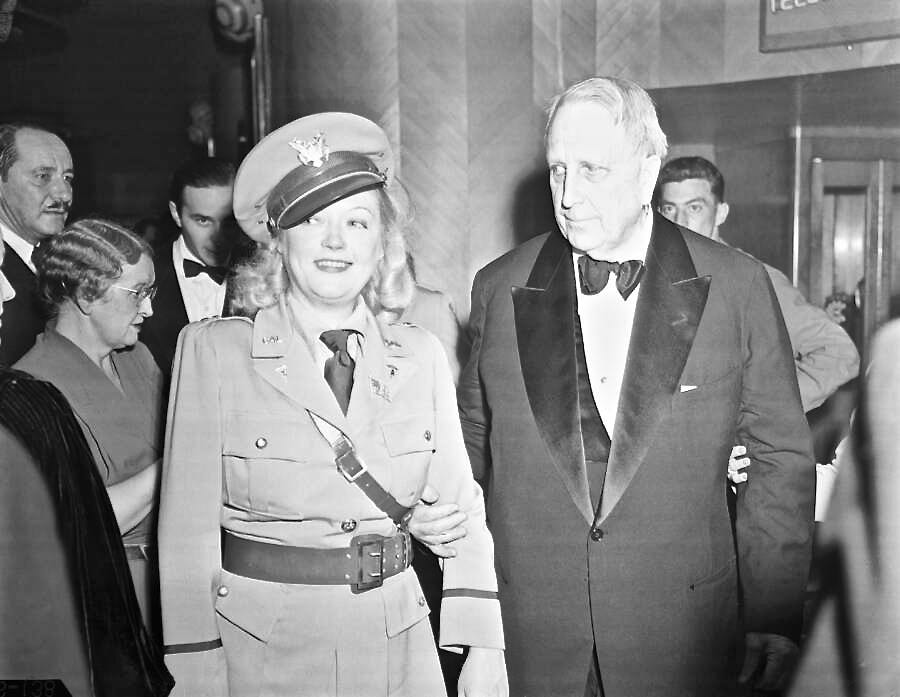
About Joni, I remember seeing her and Van and Zim at UCLA just before moving back to New York the first and last time in 1994. It was an amazing concert and I huffed and I puffed and I tore the house down with my enthusiasm for the lyrics and the liquid soul up there on the stage.
But Joni? Not so much. I found myself twiddling my spiritual thumbs as I waited for her to finish so I could dig Bob. Sorry, Mitch, didn’t have the patience, and you know I am a jazz buff. Roland Kirk, Coltrane, Miles, “Summun Bukmun Unyun” yeah, but your cousin Joni not so much.